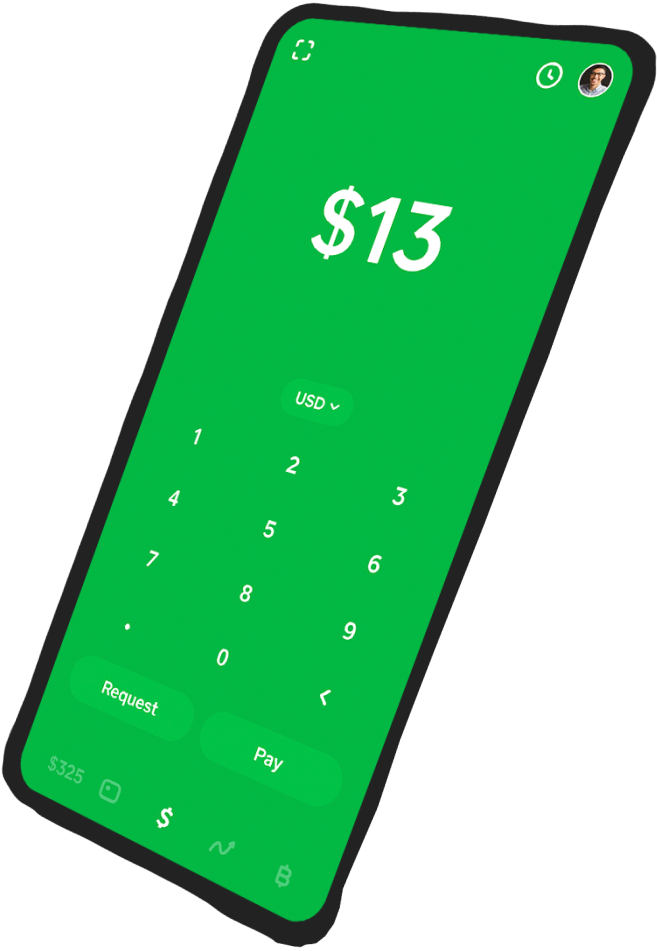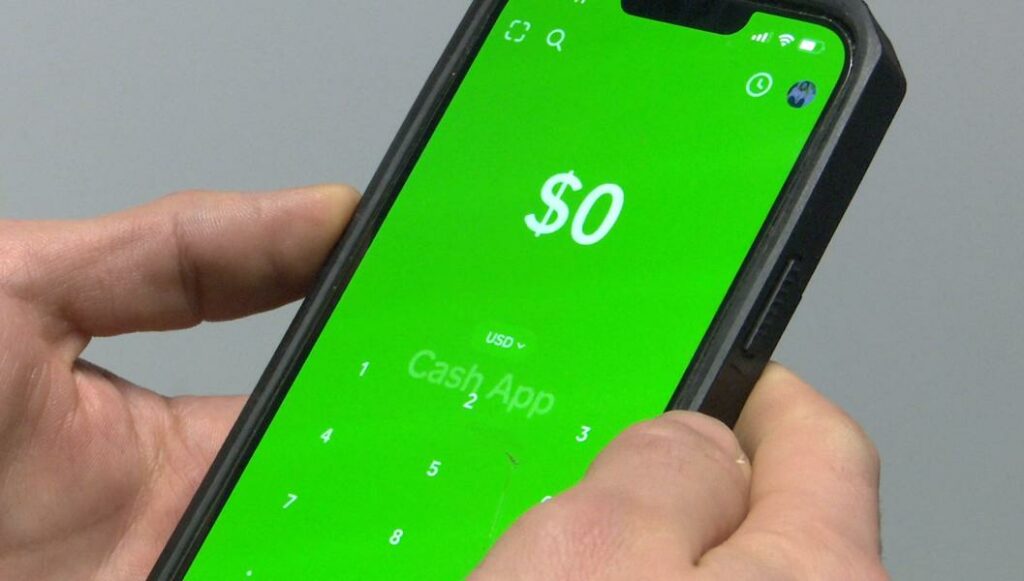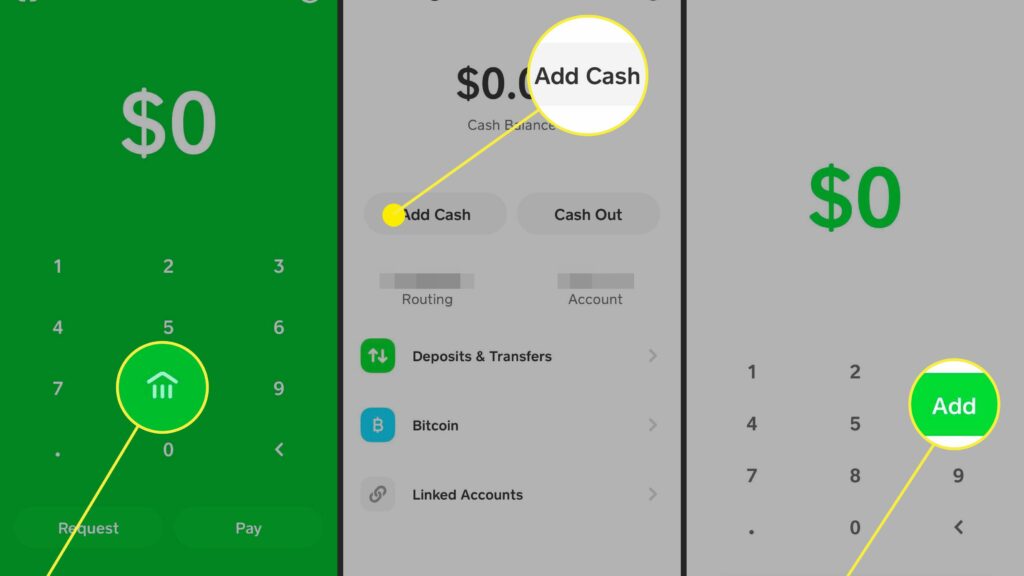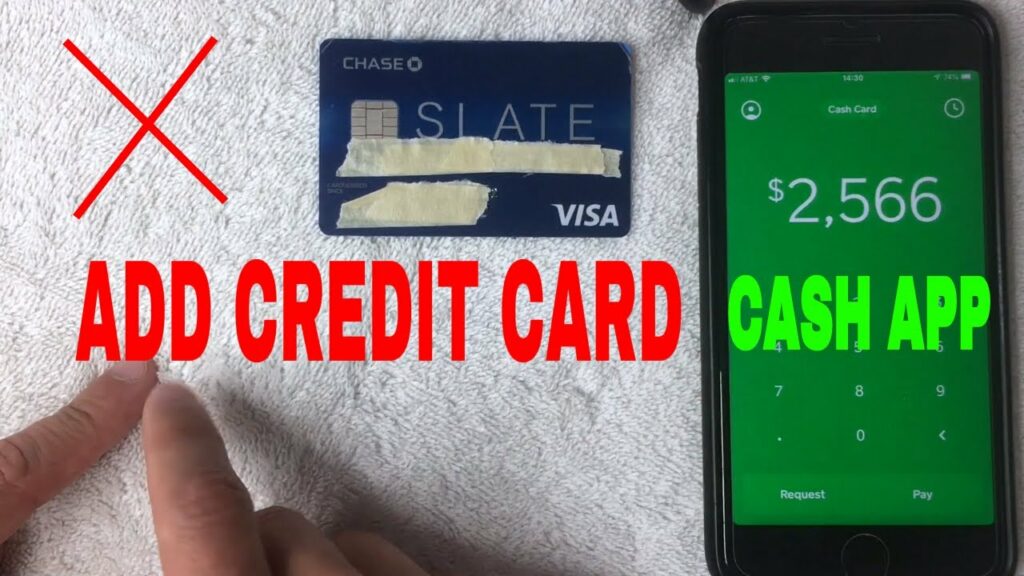Table of Contents
Stay Away From Cash App Websites:
Scammers use stolen credit card numbers to fund their accounts. Some of them create fake Cash App Websites and fake Cash App support phone numbers and then scam users into giving them their credit card information. Others use social media platforms such as Facebook and Twitter to lure users into giving them their money. In any case, it is always better to stay away from any website that asks for personal information.
Scammers use stolen credit card numbers to fund accounts:
Cash App accounts aren’t insured, and the balance you have in the app isn’t insured either. Therefore, you should use caution when using cash to fund your account. Fraudsters typically use a very low charge to validate the information on the card. This means that a $1,000 withdrawal may result in a refund of only a few cents, leaving you out $1,000.
To avoid being scammed, avoid giving out your credit card details or sharing your PIN or debit/credit card information with strangers. Don’t respond to phishing calls claiming to be customer service representatives. Also, don’t give out your Cash App sign-in code to a third party. You’ll be unable to recover lost funds if you give out your password to a third party.
If you receive an email from an unknown number asking for your personal information, you may be a victim of a scam. These scammers usually use stolen credit card numbers to open Cash App accounts. Once they have your funds, they’ll transfer them to themselves. Scammers have access to billions of pieces of personal information on the Dark Web. For just $5, you can get a valid U.S. Social Security number.
Scammers create fake websites with fake Cash App support phone numbers:
These scammers use the latest technology to lure victims into divulging their personal information. The fake Cash App support phone numbers appear genuine, but the truth is that they’re fake. Many of these scams have been around for years and continue to evolve. Some of them even try to trick you into providing sensitive information such as credit card information. Others pose as genuine support lines and ask you to download a screen-sharing app.

Another way to spot fake cash app support phone numbers is to keep an eye out for security alerts from the Cash App itself. Scammers send fake security alerts claiming your account is insecure and you need to change your account credentials. They ask you to click a phishing link in the message that takes you to a fake Cash App page, exposing your personal information.
To avoid falling victim to scammers, you should never give out personal information to anyone. Scam artists often take advantage of our desire to see a return quickly. Any promises of rapid returns are red flags for scams. If you can spot these scams early on, you can reduce your risk significantly. You can do this by checking out the website’s usernames and phone numbers using open-source intelligence tools. If a particular username or phone number looks familiar, there are probably complaints about the website.
Scammers target Venmo users:
There are numerous ways to avoid becoming a victim of a scam.
- The first and most common method is to be cautious of advertisements on websites that accept payments using Venmo. These websites are not legitimate, and they may have been set up to scam Venmo users. They also may not offer the same types of services as the real Venmo website. Be especially wary of unsolicited offers and unsolicited payments. Always block unsolicited payments and never give out any personal information to a stranger. In addition, be wary of offers that seem too good to be true. For example, an offer that asks you to give out your bank details may be a scam. Be sure to change your privacy settings to prevent this.
- Another method scammers use is by impersonating well-known celebrities or other prominent people. These people often advertise giveaways on their social media accounts, and some even claim to give away money. While these scams aren’t entirely fraudulent, they do represent an obvious attempt to take advantage of a vulnerable community.








